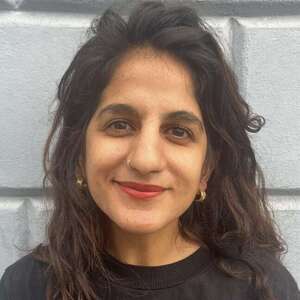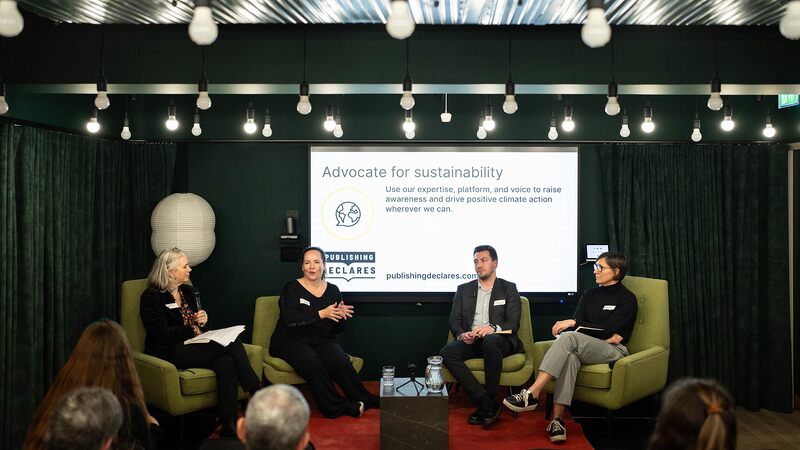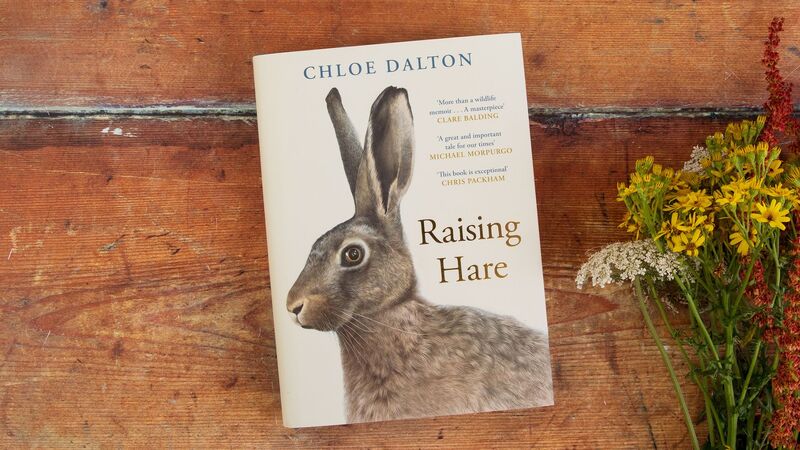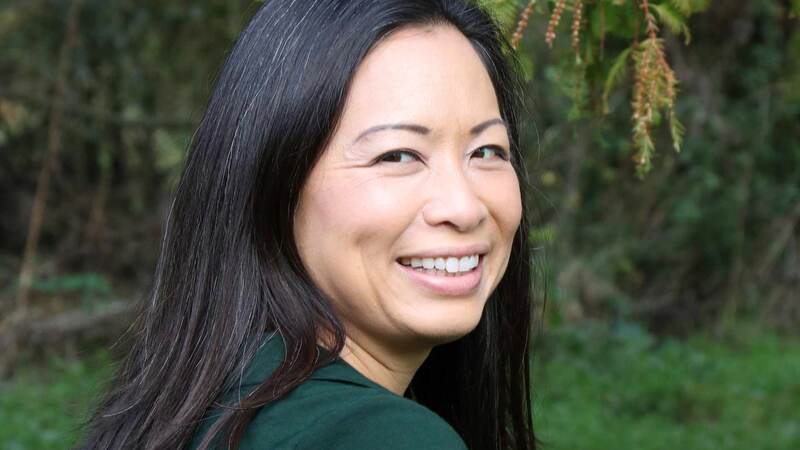You are viewing your 1 free article this month. Login to read more articles.
There's nothing for us without us
Why literary festivals need to listen to what Deaf people are saying about accessibility.
This year, I’ve seen at least three literature festivals advertising British Sign Language (BSL) interpretation at their event. While on the one hand, this signals a positive move towards inclusivity, I’ve also noticed several miscalculated decisions, resulting in a poor, if not entirely absent Deaf audience turnout. This is performance accessibility: when it looks and feels accessible to hearing people, but continues to isolate Deaf people from publishing events, and in a wider sense, from the industry itself.
Creating a budget for accessibility is an excellent start but organisers should consider the best way to use that budget. It’s reductive to allocate all the spend on BSL interpreters and just expect Deaf people to turn up. Believe me, a few tweets on social media highlighting that your festival is BSL-interpreted will disappear into the void, and please don’t rely on the interpreters you book to spread the word. It’s not their job to do this for you. There are plenty of Deaf writers and readers out there – and by allocating some of that budget towards marketing and outreach to engage with them, you can create a meaningful connection with your audience. You can even take it a step further: invite Deaf authors to your panel events, feature their books on reading lists, select a Deaf writer as a role model to share their experiences. The adage is true: there is nothing for us without us.
Expanding on this, think about your Deaf audience when you’re marketing your festival. If you’re releasing teaser content on social media, caption it. Ensure details about your access provisions are easy to find. Provide an email contact so Deaf people can get in touch for any queries. In your communications about the festival, be transparent about what Deaf patrons can expect on the day itself, so they can feel just as reassured and excited as their hearing peers. You’re more likely to be successful in this approach if your communications are consistently inclusive all year round.
It’s reductive to allocate all the spend on BSL interpreters and just expect Deaf people to turn up
For the festival itself, there’s a difference between making an event accessible and an experience accessible. When a Deaf person attends a festival, this is also an opportunity for them to network and meet other people. If you only book interpreters for the main performances, the access you’re providing is one-dimensional. There can be real value in booking roaming interpreters at festivals, as well as event interpreters so that Deaf people can engage with the overall experience of the festival.
For many organisers, festivals can be their first time working with interpreters and it’s useful to be mindful that the interpreting community is a small one – if you’re offering interpreters different fees for the same event, they will discover this very quickly. Learn what the union rates are, speak to interpreters and agree on a fair fee for everyone. Do also give your interpreters material in advance, especially if you’re asking them to translate readings. The more preparation they have before the festival, the better the access will be for the Deaf person. And above all, respect their profession: interpreters train for years with the primary aim to provide access to Deaf people. If no Deaf people show up, don’t expect them to interpret to a hearing audience. They are professional translators, not performance monkeys.
It’s also useful to be aware that not all Deaf people use BSL interpreters, some benefit more from captions and others from loop systems. There’s never a one-size-fits all approach to accessibility, nor should there ever be. While booking BSL interpreters is a positive start, it’s good practice to keep engaging with your audience to find out their specific needs. Access is always evolving so the best way you can find out how to deliver this for your Deaf patrons is by asking them for their input. There is though, a fine line between listening to them and allocating your labour to them. Treat them as you would any attendee – find out what they liked, what they didn’t like and take it on board for the next one.
Literature festivals are joyful and collaborative spaces, inspirational for both readers and writers but for too long, Deaf people have been shut out from them. We’re sceptical of whether we are welcome in these spaces and exhausted from asking organisers to do better. Each time this happens, we lose out on Deaf readers, and we lose out on Deaf writers. We all deserve better than this.




















